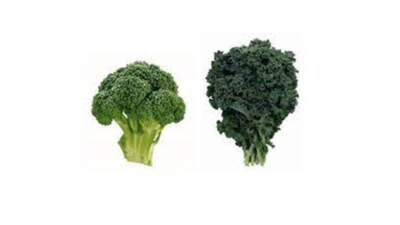Innovative research from the University of Eastern Finland suggests that consuming fatty fish and camelina sativa oil can decrease the lipophilic index in individuals with poor glucose metabolism or coronary heart disease. A lower lipophilic index denotes a more fluid cell membrane, a desirable characteristic for maintaining cell health and function.
Nutrition
The origin of the term nutrition, and of ?nutrients?, refers to all substances necessary for growth and for the maintenance of life and health of the body tissues. In this sense, not only food but also water and oxygen can be called nutrients, and their provision can be called nutrition.
Early Childhood Healthy Eating Programs Show Promise: More Research is Needed
Healthy eating programs in early childhood education and care (ECEC) settings, such as preschools and day care centers, may potentially improve children’s diet quality and reduce the risk of overweight and obesity. However, more research is needed to strengthen and optimize these interventions, according to a recent comprehensive review by Cochrane.
Memory Magic: The Power of Flavanols & Multivitamins
The significance of diet and nutrition in maintaining optimal health and preventing diseases is a universally acknowledged fact. The food we consume not only fuels our bodies but also influences our mental health, including memory and cognitive function. Recent research has shed light on the role of certain dietary components, such as flavanols and multivitamins, in boosting memory and cognitive performance.
Broccoli and kale microgreens pack a nutritional punch
Researchers now report that kale and broccoli microgreens grown in either windowsills or under commercial growing conditions are rich in phytonutrients, though the levels of some compounds varied considerably between the two environments.
Probiotic use linked to brain fogginess & bloating
Probiotic use can result in a significant accumulation of bacteria in the small intestine that can result in disorienting brain fogginess as well as rapid,
Montmorency tart cherries may enhance gut health
Montmorency tart cherries may play a role in improving gut health, suggests a first-of-its kind human trial of nine adults combined with a parallel laboratory
Vegetarian diet lowers chronic diseases & weight gain
Eating a vegetarian or primarily plant-based diet is associated with a variety of health benefits. But simply being vegetarian is not enough to reap those
High dose Vitamin D supplementation provides no benefits to postmenopausal women
High-dose vitamin D supplementation in postmenopausal women was not associated with beneficial effects on bone mineral density, muscle function, muscle mass or falls. Low levels
Bacteroides ovatus helps us get our daily dietary fiber xyloglucan
How a versatile gut bacterium helps us get our daily dietary fiber – A common gut bacterium – Bacteroides ovatus – helps us metabolize a main component of dietary fibre xyloglucan from the cell walls of fruits and vegetables, revealed by researchers from University of British Columbia in the journal Nature.
Healthier diets possible in low-income rural communities in US
Healthier diets possible in low-income, rural communities in America — According to new study published in the Journal of the Academy of Nutrition and Dietetics – In the United States, children don’t eat enough fruits, vegetables and whole grains. Instead, their diets typically include excessive amounts of sugars and solid fats, counter to the 2010 Dietary Guidelines for Americans recommendations, increasing the risk of obesity and diabetes.








